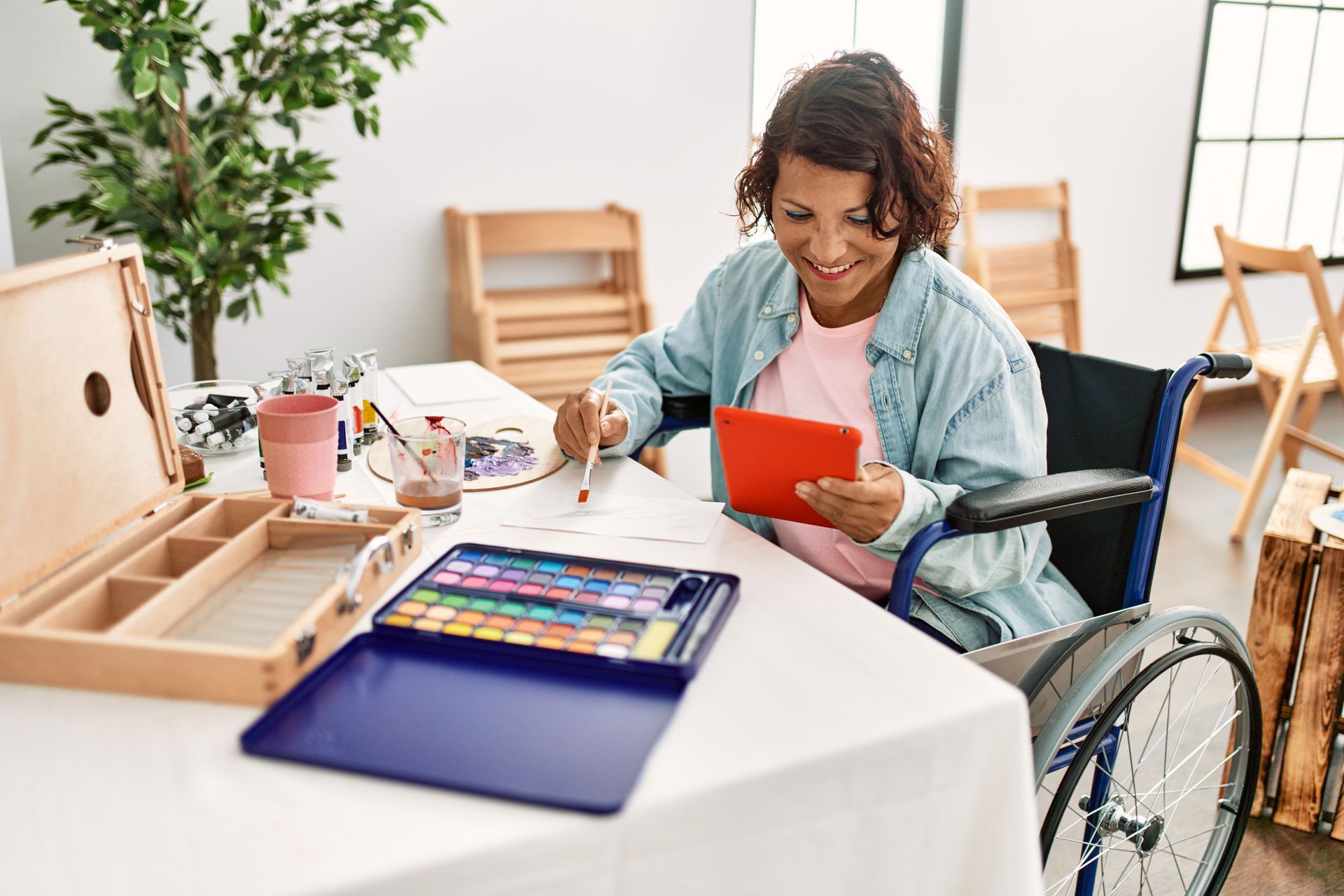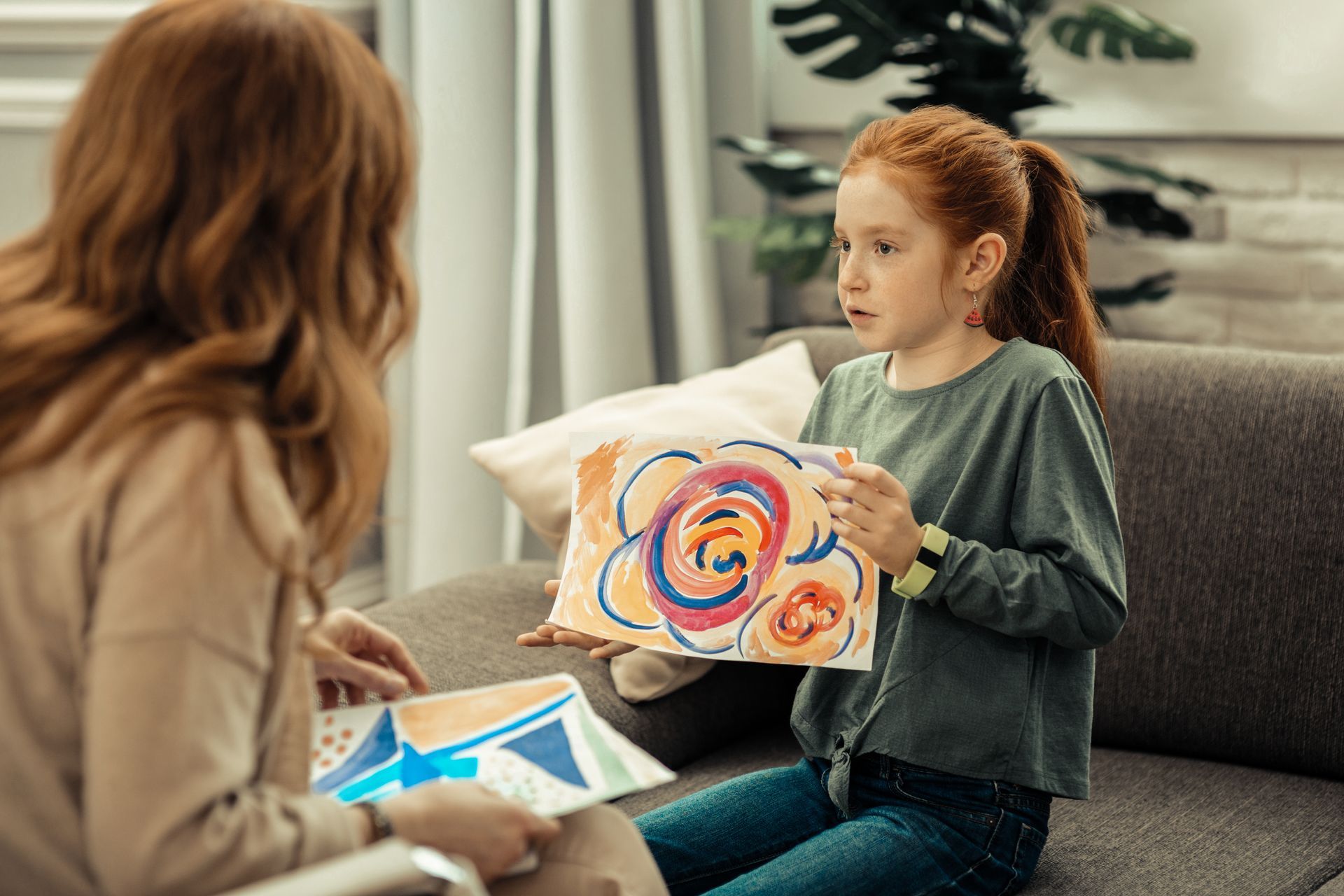Engaging Community Activities For Adults With Intellectual and Developmental Disabilities
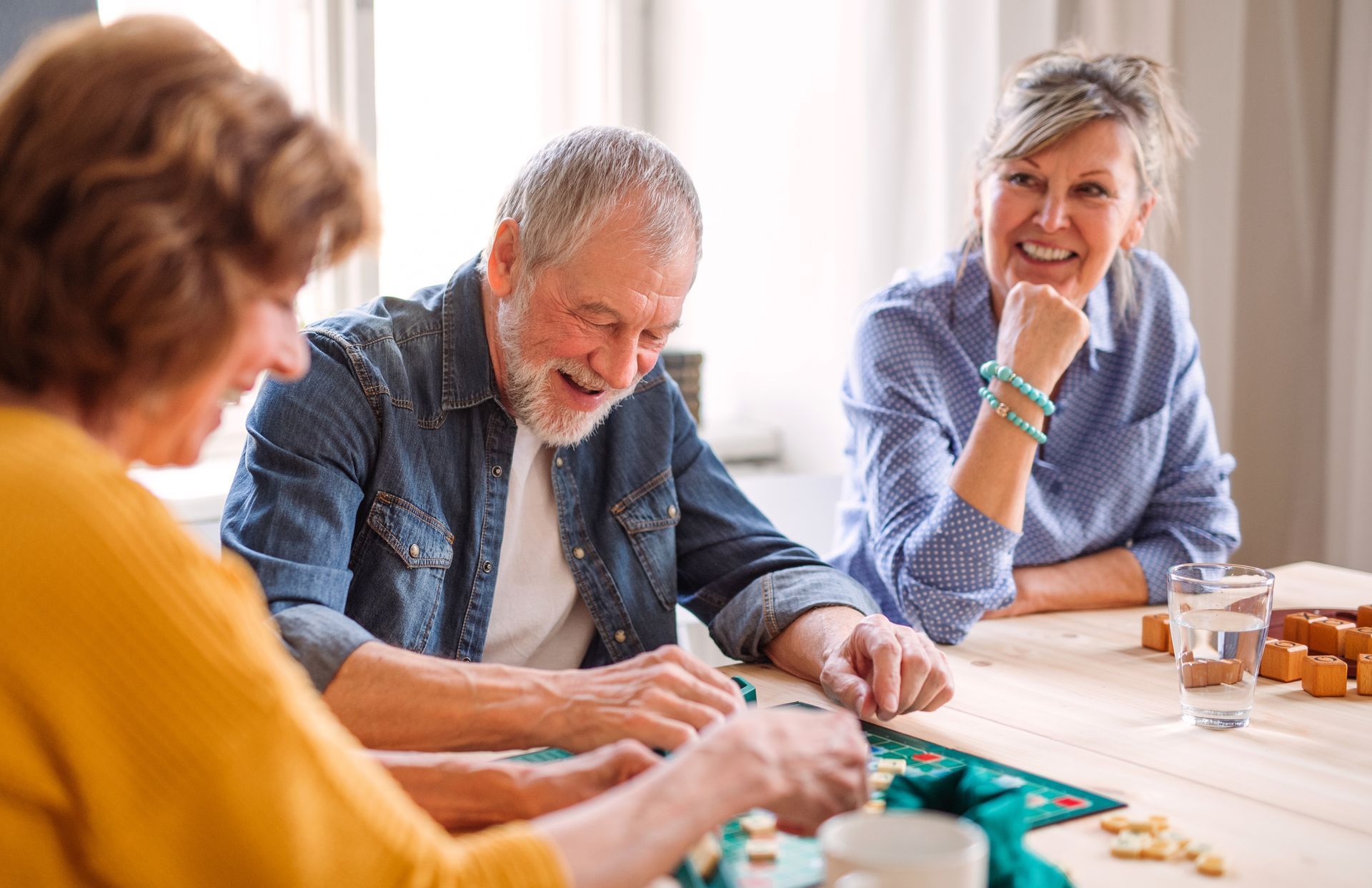
People with disabilities are not less capable of contributing to the community. When provided with equal opportunities, they can undeniably make a difference. Regardless of their condition, each one of them should be given the right support and inclusion for them to live a better and more fulfilling life.
So, here are some activities and programs that they can participate in to improve their social skills, engage more in social activities, and build relationships.
What Are Some Ideas for Activities for Disabled Adults?
Physical activity is one of the best activities that adults with disabilities can engage in. Apart from the health benefits, such activities can also work well with stress diversion. Significantly, it can help promote an active lifestyle to them.
Community activities for adults with disabilities can also be effective and beneficial for their overall wellbeing as they are found to promote happiness, satisfaction, and morale. Depending on the level of disability, some people may need assistance or support to engage in these activities.
What Is the Most Common Leisure Activity for Adults With Disabilities?
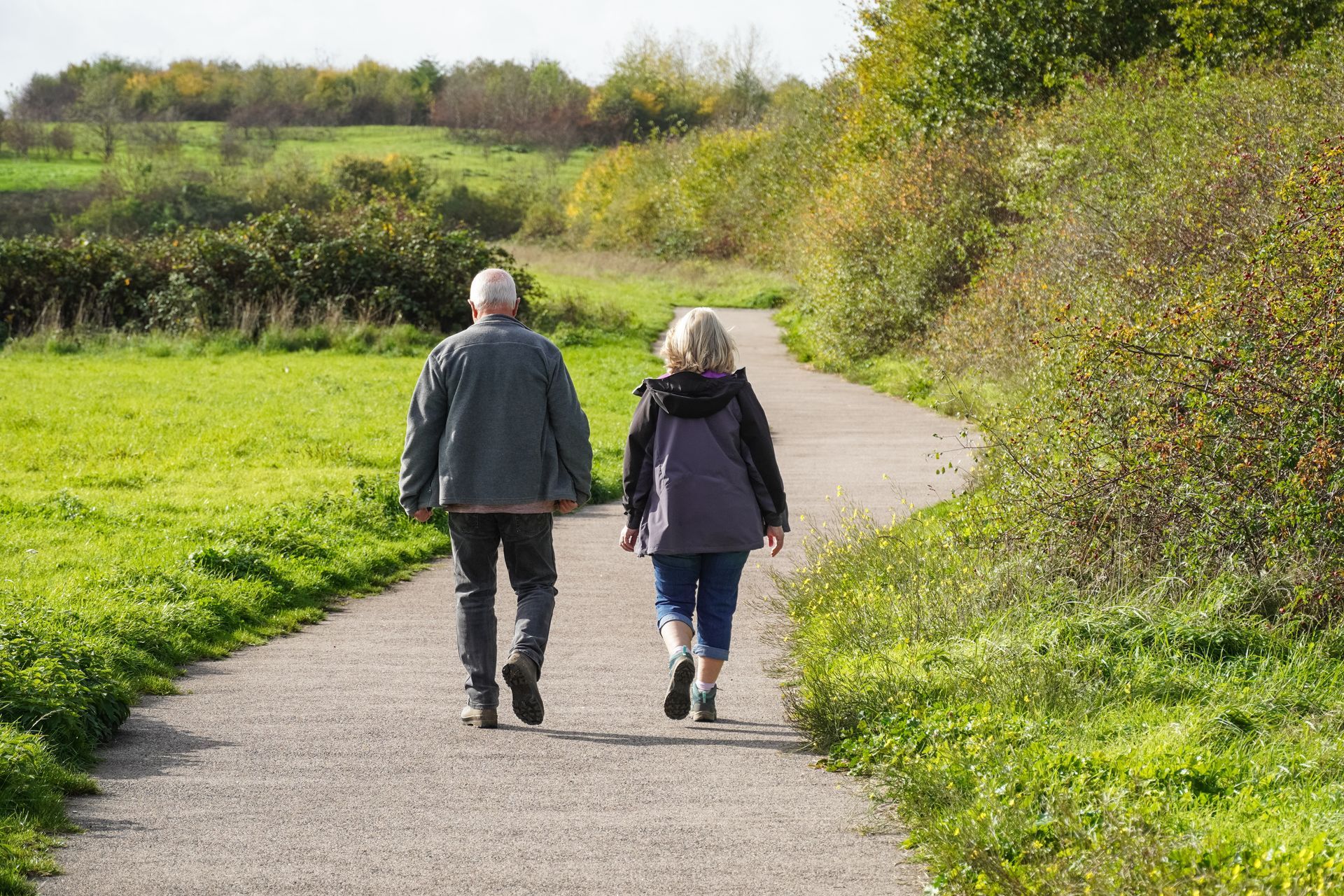
Walking is the most common leisure activity for adults with disabilities. Not only does walking promote improvement of the motor skills and physical health but it also helps boost mental health of people with intellectual and developmental disabilities.
Walking may be a simple activity but it has countless of benefits that help people with disabilities achieve positive outcomes. Walking is a fantastic type of exercise that can help boost self esteem, keep a person healthy, active, independent, and mentally better.
How Do You Involve People With Disabilities in the Community?
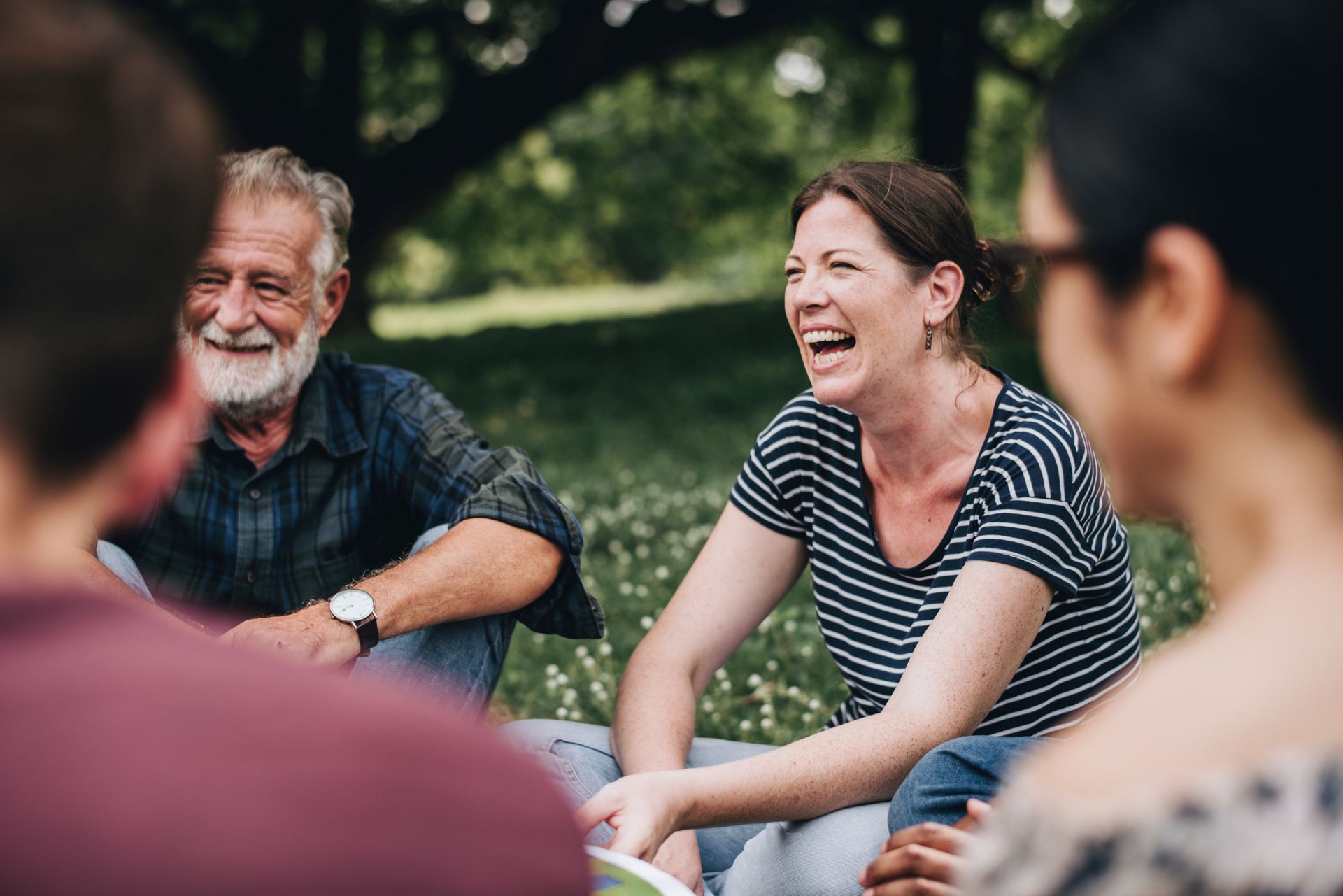
Engaging in community activities can provide people with disabilities the opportunity to cultivate and strengthen important social and life skills. By participating in such activities, they can gain a better sense of well being and form a more optimistic outlook in life. In fact, there are actually several ways on how you can include people with disabilities in community activities.
Foster a Good Social Environment
By fostering a good social environment and maintaining the facilities well-organised, people with disabilities can easily feel safe and welcomed in the community. Make sure the place is accessible especially to those with mobility issues. Seats and wheelchairs should be available for everyone particularly during activities where most attendees will be standing.
Make Assistive Equipment Accessible
Assistive equipment is an important tool to lessen the barriers between people with disabilities and their environments. Aside from promoting engagement and freedom of movement in work, school, and leisure settings, assistive tools and equipment also enhances self esteem of each individual in terms of their functionality and independence in the community.
Use Appropriate Language
Language matters so make sure to be inclusive of your word choices. Before asking them out, be mindful of how they want to be communicated. Be aware that individuals with intellectual or developmental disabilities may communicate in different ways.
So if someone has trouble communicating, listen carefully and patiently first and do not try to finish their sentences for them. If you are not sure about whether they agree to participate in an activity, ask them politely.
Be Selective of their Activities
Be selective of which activities are fit for their condition. If people with intellectual and developmental disabilities are involved, you might want to try activities that can help develop their mental and physical potential such as exercise and sports. These may include activities such as bowling, workout courses, gardening, creating art, team sports, dancing, and swimming.
For individuals with disabilities affecting motor skills, sensory activities are excellent for enhancing their balance, spatial awareness, and hand-eye coordination. By simply taking a walk, they can explore and learn about the new sights, sounds, and textures of their surroundings.
What Are Leisure Activities for Adults With Learning Disabilities?
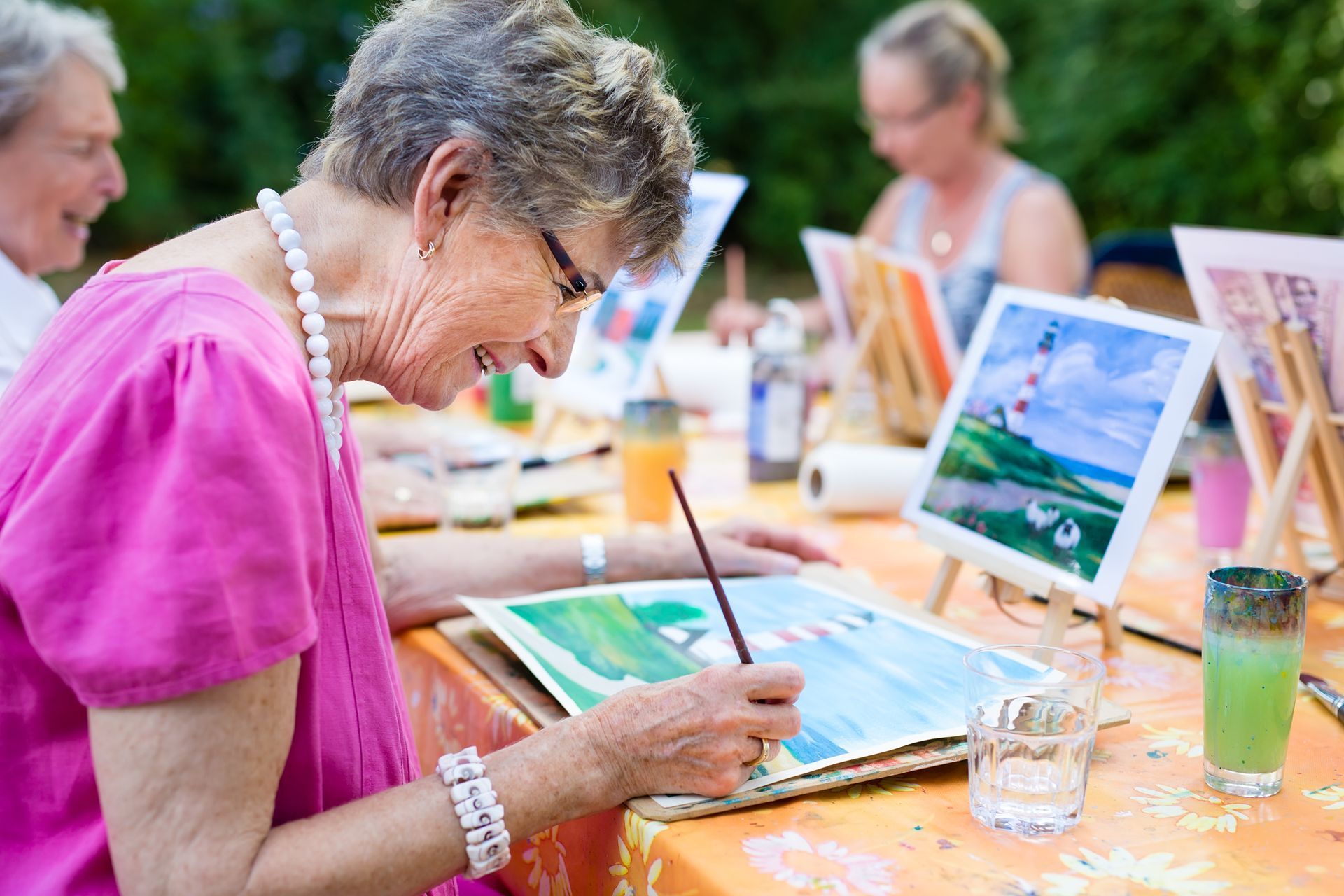
Physical Activities
Adults with developmental and intellectual disabilities can develop their mental and physical potential with the aid of physical activity and exercise. As a matter of fact, those who participate often in adaptive and organised recreational activities are found to have an improved social and family life, better health, and an enhanced quality of life overall.
These physical activities may include exercise physiology, physical training, yoga classes, household cleaning, and gardening.
Music and Art Activities
Music and art are helpful coping strategies to express oneself in a practical way. Activities including music generally elicit positive responses from adults with intellectual and developmental disabilities because they provide satisfaction, capture attention, and deliver accomplishment. Since music is processed in both the right and left hemispheres of the brain, it can be especially beneficial to them.
On the other hand, art therapy is not only enhances creativity but it encourages emotional and stress release, self-discovery, and boosts self-esteem. Whether it is paint creating, origami beading activities, journals, or any other form of art therapy, these type of activities can assist in managing behaviours of elderly and even young adults with disabilities.
By attending music, dance, painting, or theatre lessons, people with intellectual disabilities not only enhances their art skills but they can also discover new skills while learning how to follow instructions and interact well with others.
Day Programs and Outdoor Activities
Outdoor activities can particularly be enjoyable for adults with developmental disabilities as they enhance their social skills and boost their self-confidence. While other adults with developmental disabilities may feel different from others, they can feel included and meet new friends through this kind of shared activity.
Some of these activities may include sustainable gardening lessons, cooking and living skills, swimming, golf, tennis, social outing and activities to various locations.
What Are Some Sensory Activities for Adults?

Adult sensory activities are those that appeal to any of the five senses. Sensory activities are terrific method for adults with disabilities to engage with their surroundings while providing a calm and soothing environment. The idea is to help them feel protected and provide discussion starters that can assist ease their communication challenges.
These sensory activities for adults may be as simple as using the sense of sight to look at a photograph, listening to different sounds, tea taste test, touching various objects inside a sensory bin, or simply smelling different foods.
What Are Easy Activities for Adults With Disabilities?
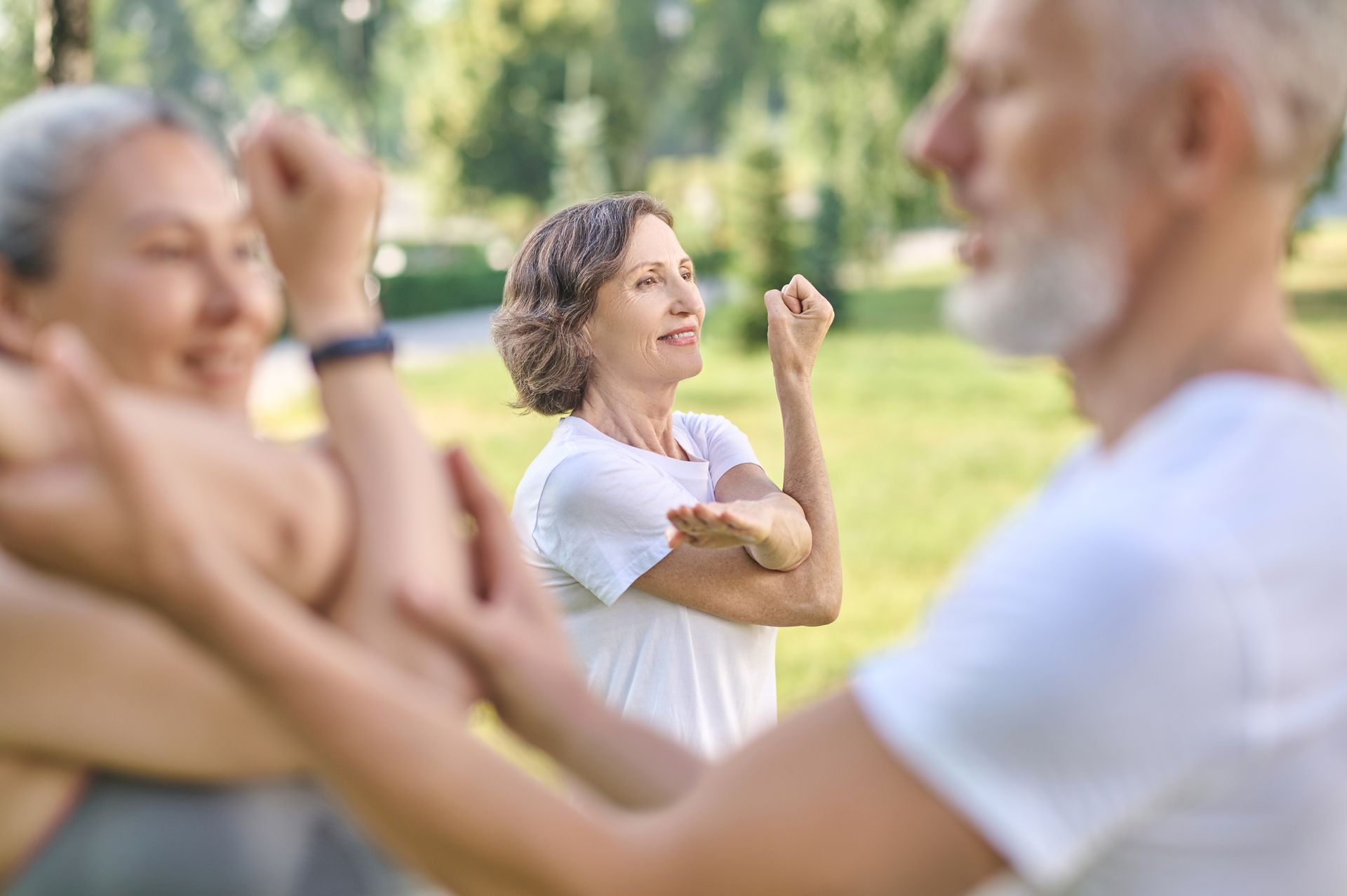
Adults with disabilities can be just as active and involved in activities as adults without disabilities. There are a wide variety of activities that can be adapted for all abilities, including those with physical, intellectual, and sensory disabilities.
They can enjoy the following activities independently or with the help of family members, friends, or caregivers.
- basic household chores such as cooking, doing dishes, taking out garbage, and sweeping floors
- exercise activities like walking, running, dancing, and seated workouts
- yoga or physical therapy like aquatic therapy
- social activities such as meeting up with friends, eating out, doing grocery, shopping, art classes, and exercise classes
- outdoor activities such as going to parks and beaches
What Physical Activities Can a Disabled Person Do?
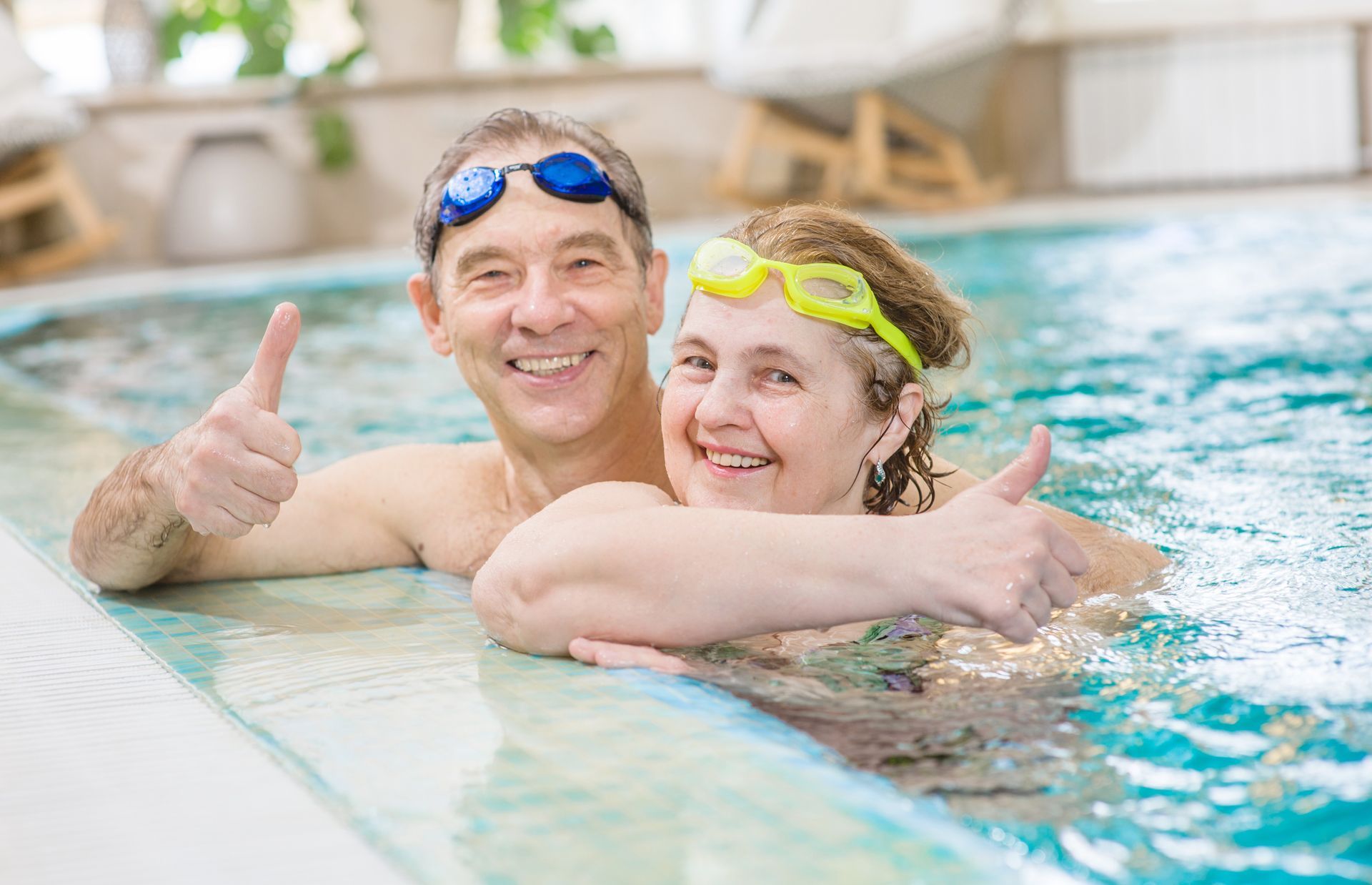
There are different types of physical activities that individuals with disabilities can do. Depending on which disabilities they have, most of them can perform regular types of exercise in general and are encouraged to join exercise classes and selected sports such as walking, running, swimming, cycling, tennis, and water aerobics.
Exercise physiology, in specific, promotes mobility and educates people with disabilities on which physical routines are suitable for their condition. Exercise basically helps reduce the impacts of chronic illnesses and disabilities. It not only helps reduce anxiety and improve moods, but it can also enhance the general health and quality of life of people with intellectual and developmental disabilities.
On the other hand, people with mobility issues find water exercise beneficial for them as it supports the body and minimises pain along their muscles and joints.
Takeaway
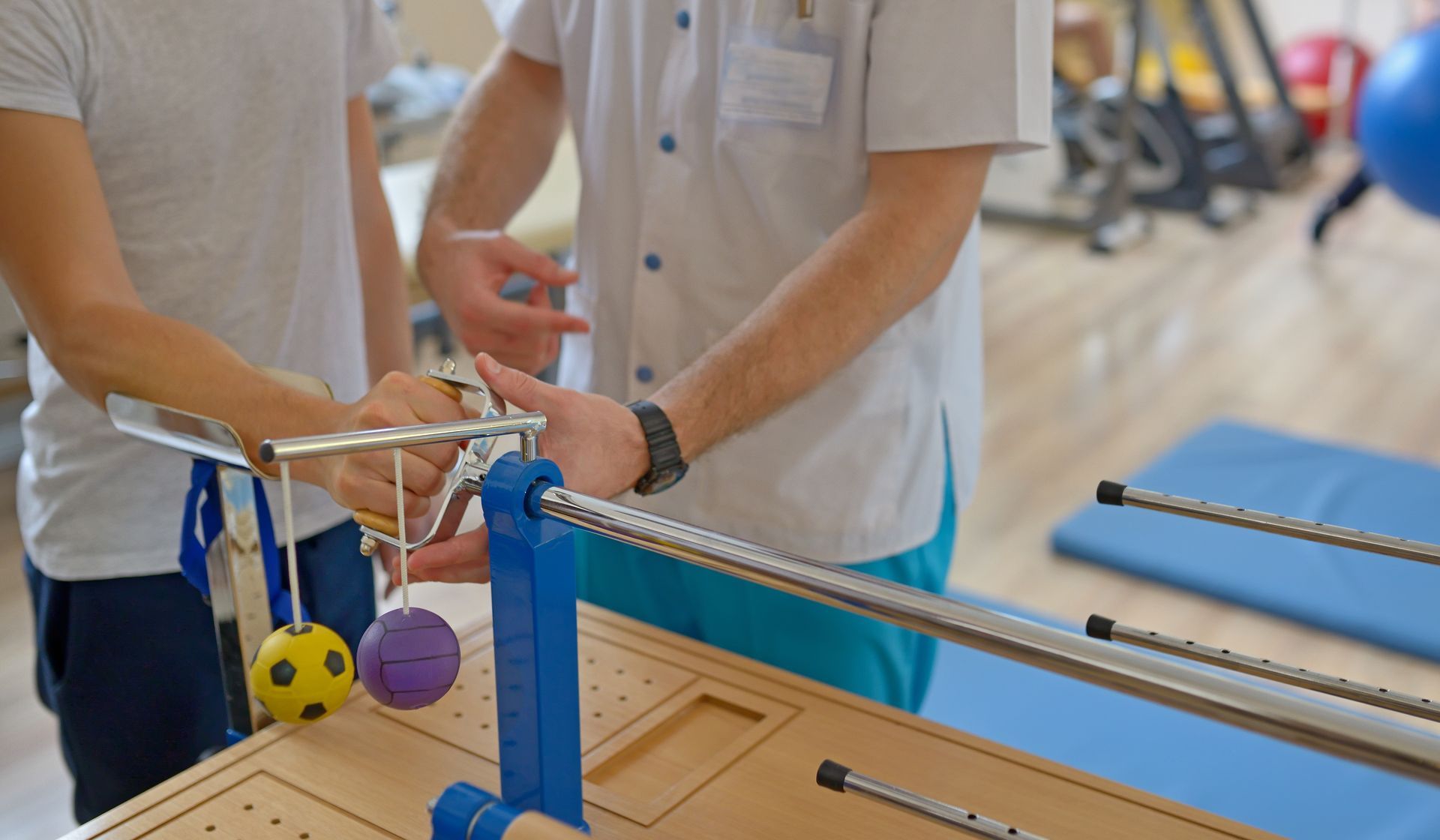
At Alive4Life, adults with disabilities are encouraged and empowered to take part in a range of community activities, from day programs and art therapy sessions to group and centre-based activities. We work hard to provide our clients with the resources and support they need to make meaningful contributions to their own communities.
Our goal is to help our clients stay active and healthy, while also providing them with an opportunity to socialise, have fun, and promote independence. We encourage our clients in Wollongong and Campbelltown to take part in community activities so they will be able to develop their skills, feel more confident, and ultimately lead a happier and more fulfilling life.

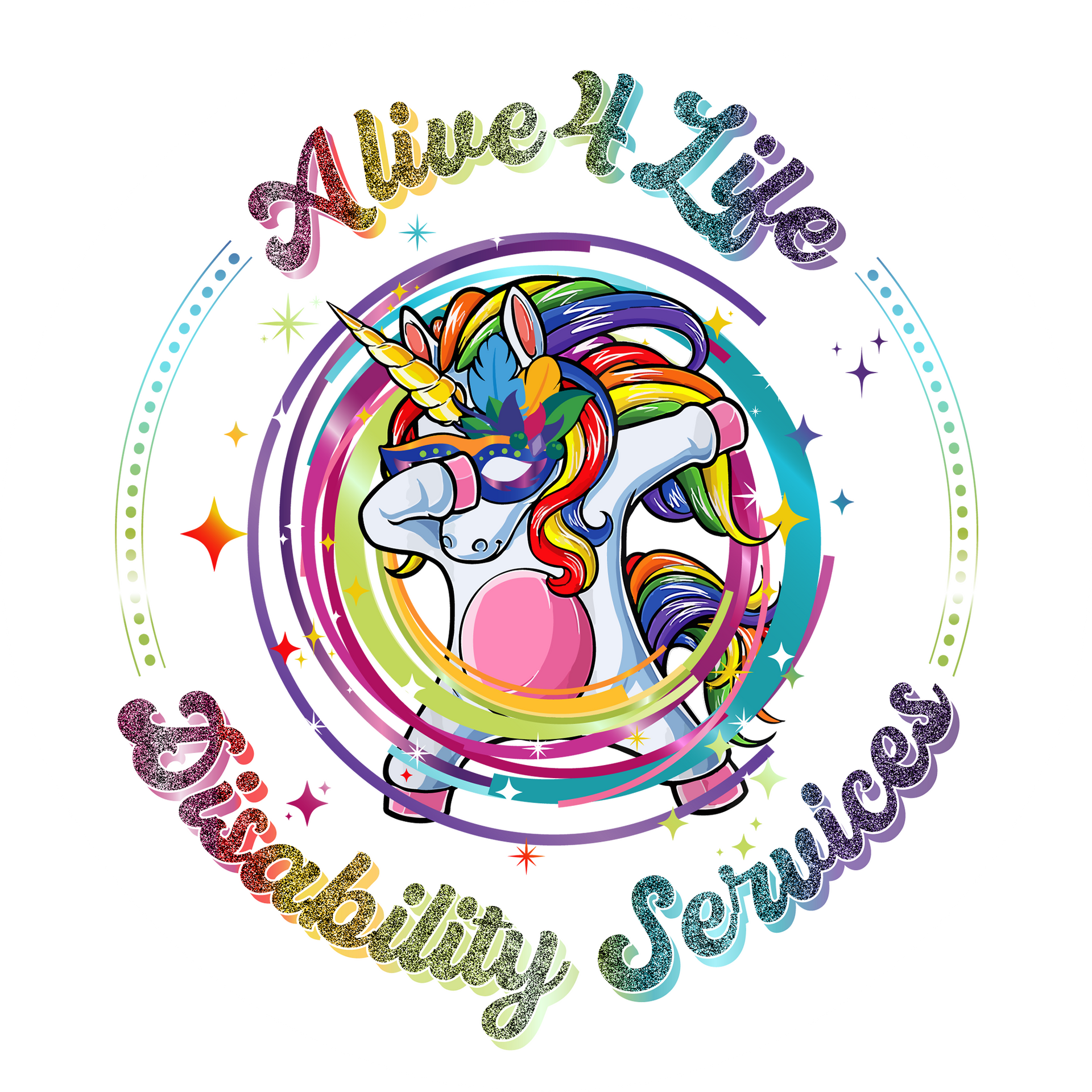
About Alive4Life
Alive4Life Disability Services provides support and services to enhance the quality of life of NDIS participants and their families across Campbelltown.
Recent Posts
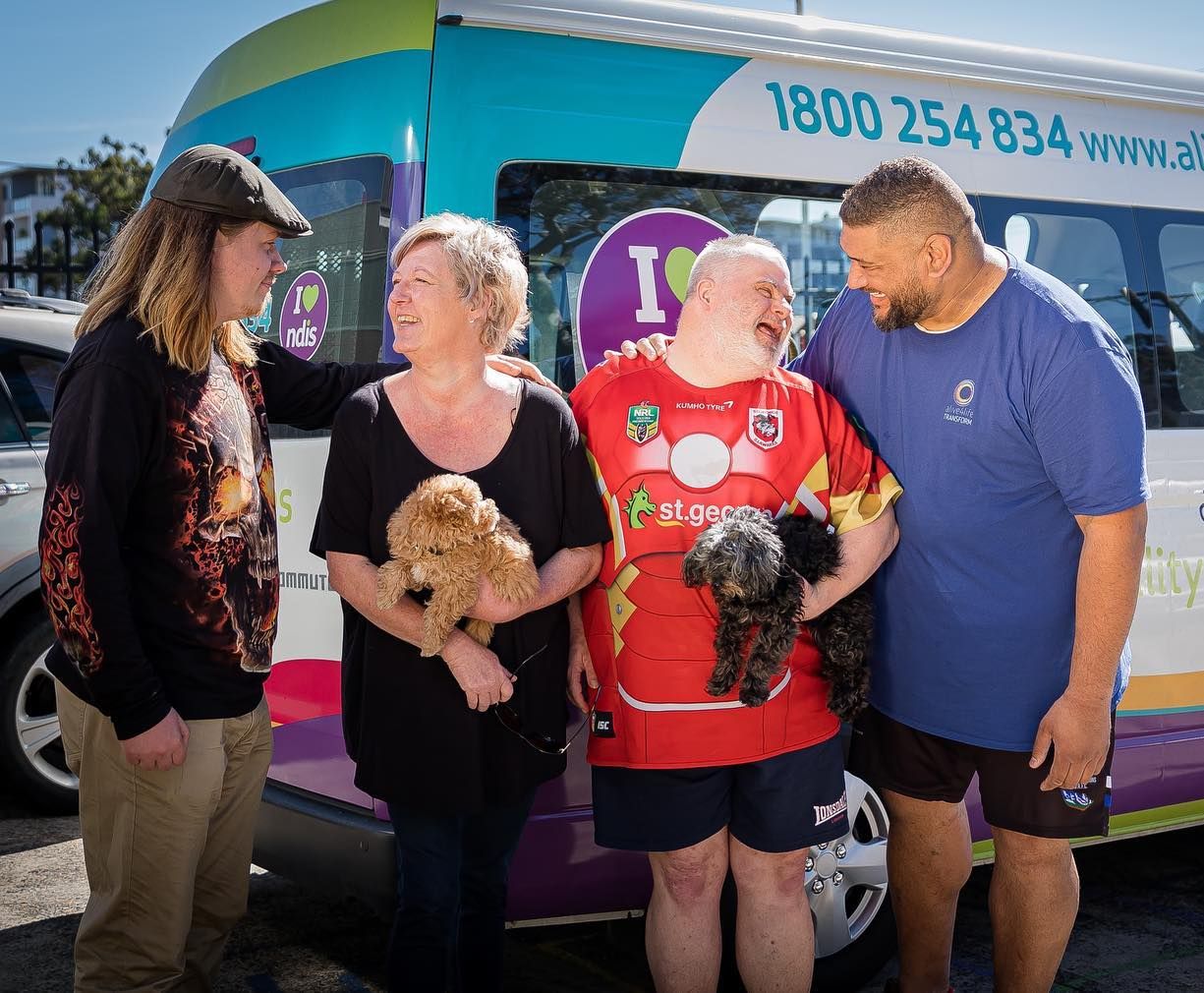
We hope you enjoy reading this blog post!
Alive4Life Disability Services is a registered NDIS provider with a strong passion for delivering a high standard of supports and programs to NDIS participants across Wollongong and Campbelltown.

